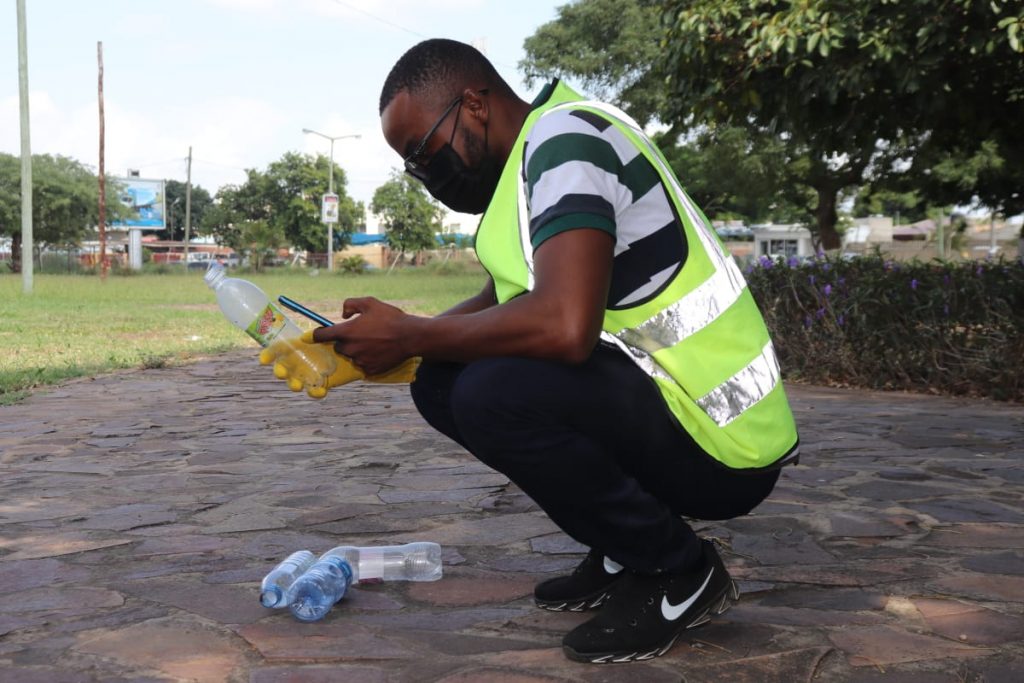Single-use plastic management will now be data-driven in Tanzania, Mozambique and Zambia thanks to Wastebase. The app has just been launched by unwaste.io, a company founded in 2020 by software engineers Cameron Smith (based in Maputo, Mozambique) and Martin Pllu (based in Edinburgh, UK).
Wastebase, available for download on the Google Play Store platform from July 1st, 2021, is expected to improve the collection of non-recyclable plastic waste in the East African sub-region, as well as in the UK. “Waste collectors are able to sort and scan plastic bottles by barcode using their smartphones. The data for each product is instantly uploaded to the digital platform. Data partners (trained volunteers from Wastebase partner organisations) then link each product to brand, ownership and distribution information,” says unwaste.io. The data collected during audits by the Wastebase application can, over time, be reorganised as desired by African NGOs and activists and then visualised in the implementation of regional and national plastic waste management projects.
Reducing marine pollution
unwaste.io works with several environmental organisations to ensure the effectiveness of Wastebase in East Africa. These include the Repensar Environmental Education Cooperative, based in Maputo, Mozambique, the Centre for Zero Waste and Development in Zambia and Nipe Fagio, based in Dar es Salaam, Tanzania. During the test of the Wastebase application, the Repensar team was able to collect, sort and record more than 2,800 bottles in a 2.5-hour session.
Read Also – AFRICA: The continent is tackling the tide of waste that fouls the environment
In addition to recording data, Wastebase will help to raise awareness among plastics producers about the negative effects of their leftover products on ecosystems. “By visualising the data on where their plastic is going, we can show producers what nature is really suffering. At least 80% of ocean plastic comes from land-based sources. Once plastic enters the ocean, it is incredibly difficult and expensive to recover,” unwaste.io said. People will also be educated about better plastic waste disposal practices.
Inès Magoum
